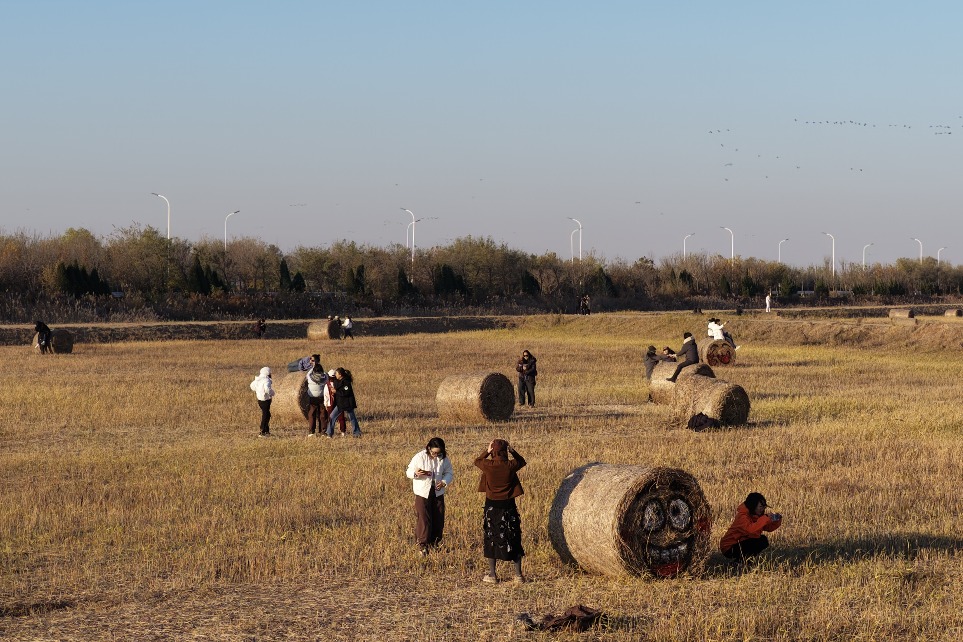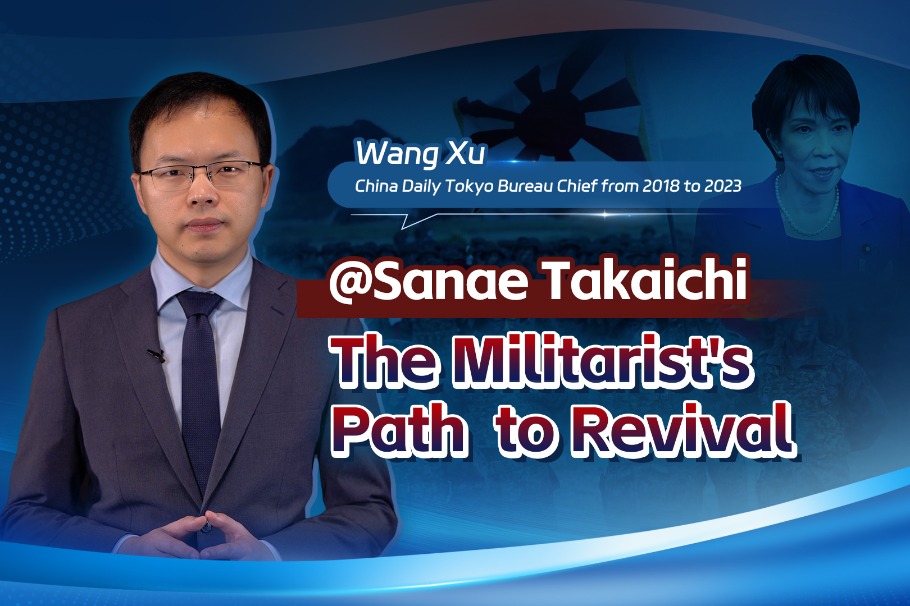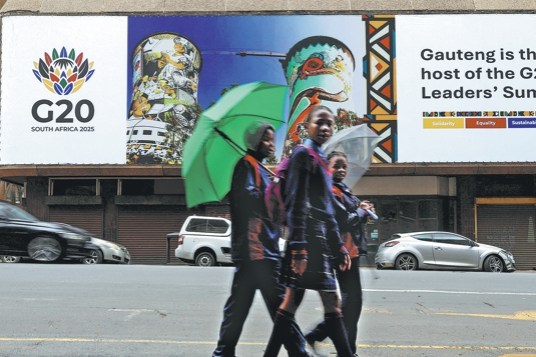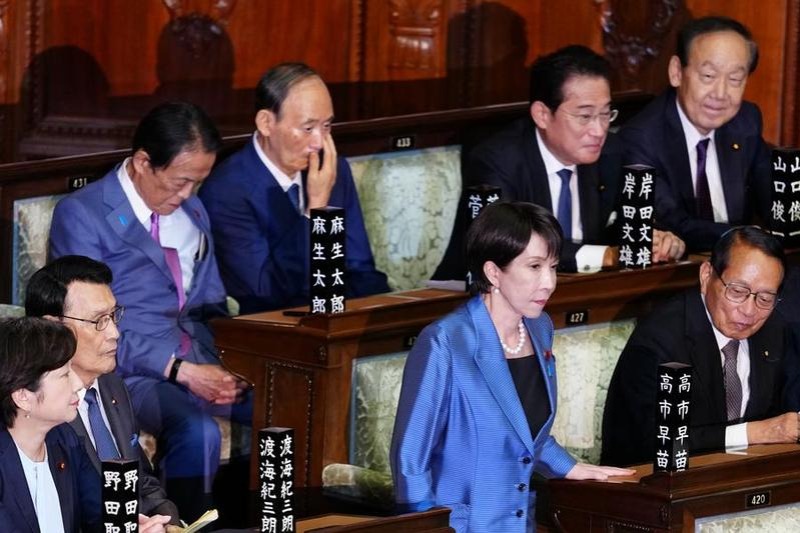G20 should demonstrate strength through unity and collaboration


At a time when global uncertainty is increasing, Premier Li Qiang at the G20 Summit in Johannesburg, South Africa, on Saturday, delivered an unmistakable and strong message from China: Unity is the only path forward. His remarks were not simply aspirational; they were grounded in the very history of the G20, which has repeatedly proven that when economies with different systems, cultures and interests choose cooperation over confrontation, it makes collective progress possible.
Over the past two decades, the G20 has helped the world navigate crises — from global financial instability to pandemic-induced shocks — precisely because its members recognized that division leads nowhere. Today, the stakes are once again high. The global economic recovery remains fragile, while unilateralism, protectionism and rising trade frictions threaten to push the world economy toward fragmentation. Li's call to face these problems squarely, explore solutions and for all parties to return to the track of unity and cooperation is not only timely but urgently needed.
At the heart of China's perspective is the belief that openness and mutual assistance are indispensable for global recovery. As Li emphasized, G20 members should firmly safeguard free trade and jointly build an open world economy. This requires resisting the trend to form exclusive economic blocs and refraining from the misuse of trade restrictions that only widen divisions and undermine confidence. Facing differences and contradictions, G20 members must seek common ground while reserving differences and manage disputes through consultations on an equal footing.
This approach reflects a pragmatic understanding of global interdependence. Countries do not have to agree on everything, but they must work to identify the broadest common interests that keep cooperation intact.
Genuine unity requires more equitable global governance. The G20 should take the lead in upholding multilateralism and accelerating reform of institutions such as the World Bank, the International Monetary Fund and the World Trade Organization. The goal is to enhance the representation and voice of developing countries and build a fairer and more open international economic and trade order.
The stance expressed by Li aligns closely with the rising aspirations of African nations and the broader Global South, which increasingly demand a more balanced say in shaping global economic rules. Against the backdrop of Africa hosting the G20 Summit for the first time, this call has particular resonance.
Crucially, China has matched its words with concrete actions. It has released an action plan for implementing the G20 Initiative on Supporting Industrialization in Africa and the Least Developed Countries, reaffirming its long-standing commitment to supporting industrial development where it is needed most.
The country has jointly initiated a cooperative initiative with South Africa to support Africa's modernization and encourage the international community to pay more attention to Africa and increase its investment in the continent.
It also supports debt relief for developing countries — an issue critical to global financial stability.
China will also establish the Institute of Global Development, designed to promote shared development worldwide and contribute fresh institutional support for global growth.
These initiatives reflect China's belief that unity must be built not only through dialogue but through practical cooperation that delivers real benefits. The just-concluded G20 Summit, held under the theme "Solidarity, Equality and Sustainability", underscored this point. The G20 leaders' declaration touched upon disaster resilience, debt sustainability, the energy transition, critical minerals, and industrialization — issues that demand collective solutions. China's proposals align squarely with these priorities and demonstrate its commitment to strengthening multilateral cooperation.
Li's G20 speech carries both realism and optimism: The global trend toward fragmentation is worrying, but it is neither predetermined nor irreversible. The G20 remains uniquely positioned to provide direction, but only if its members choose cooperation over division. Upholding open trade, supporting developing economies, reforming global institutions to reflect today's realities and building consensus through dialogue are essential steps toward restoring international trust.
China stands ready to work with all parties toward these goals. As Li stressed, unity has always been the G20's strength. At this pivotal moment, reclaiming that spirit is not merely an option, it is an imperative for global stability and shared prosperity.

































